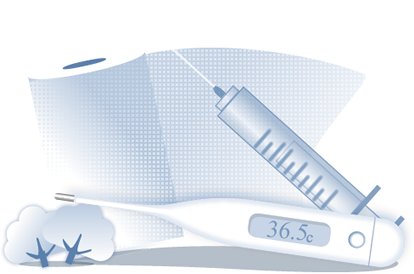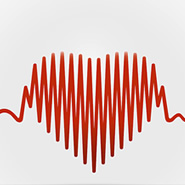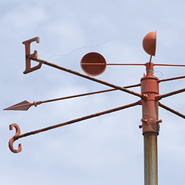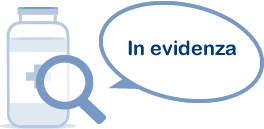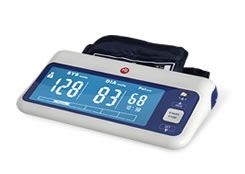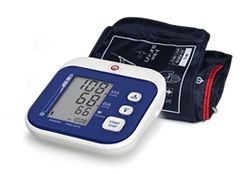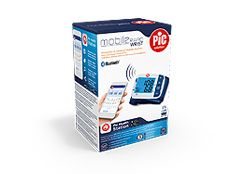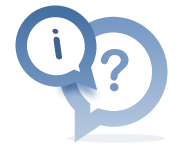
All the advantages of measuring your own blood pressure
Did you know that measuring your own blood pressure makes you more relaxed? At home, you'll get more predictable results, and you can store the readings and email them to your doctor. Let's look at all the undoubted advantages of taking your own blood pressure.
Blood pressure monitoring is an important way of diagnosing hypertension and your cardiovascular health. Doing it yourself at home allows you actively to assist your doctor by carrying out additional checks that are useful in evaluating the progress of your blood pressure, using diagnostic plans laid down by the European Society of Hypertension. But remember that your doctor will advise you, and he or she is the only person who can make the final diagnosis and recommend the most appropriate treatment for you and your blood pressure.
Self measurement: no more white coats
Are you a bit emotional? Do you sometimes get plagued by anxiety? Maybe you suffer from white coat syndrome, in which just shaking your doctor's hand is enough to get your heart racing and increase your blood pressure. But you can also take your own readings in the comfort of your own home, which means you can obtain real figures as you go about your daily activities. These are likely to be more accurate than those taken in your doctor's outpatient clinic, as many studies have shown. Clearly, the instruments and procedures you use must themselves be accurate. So there's no need to worry!
Self-measurement can also identify masked hypertension
We'd now like to introduce a hidden threat: masked hypertension. This is a particular type of hypertension that manifests itself in normal values when recorded in your doctor's outpatient clinic, but higher figures when you're at home. Result? Your doctor may think you have normal blood pressure, but in reality it's high. Domiciliary self-measurement may reveal high blood pressure outside the outpatient clinic which increases your risk of major cardiovascular events such as heart attacks and strokes. By comparing the data from the outpatient clinic with that from your measurements taken at home, the doctor may be able to diagnose masked hypertension.
Monitor your blood pressure over time
If you need to monitor the progress of your blood pressure, domiciliary self-measurement will give you a detailed profile over time. This is particularly important when it comes to assessing the efficacy of antihypertensive drugs prescribed by your doctor.
Print out your blood pressure readings and email them to your doctor
The evolution of technology: self-measurement of blood pressure allows you to connect a digital blood pressure monitor to your computer, print out all the readings you've taken so far, and email them to your doctor with a single click.

